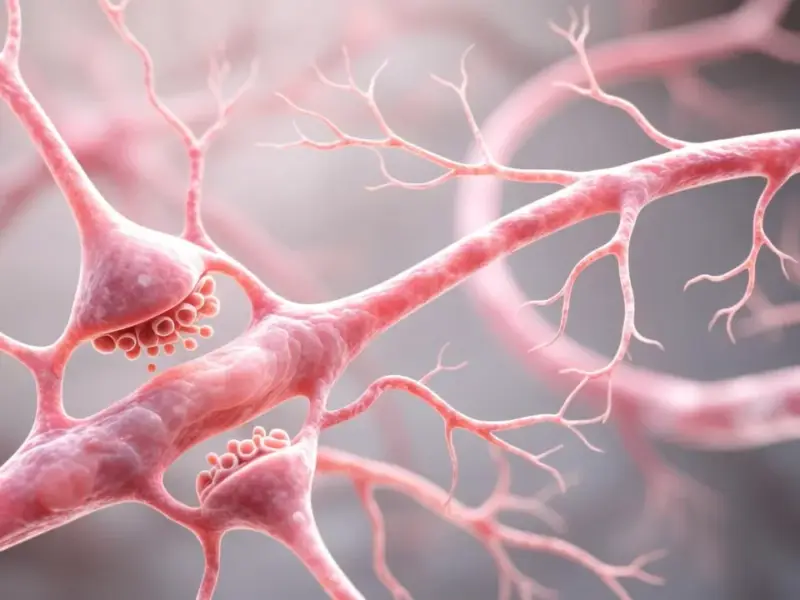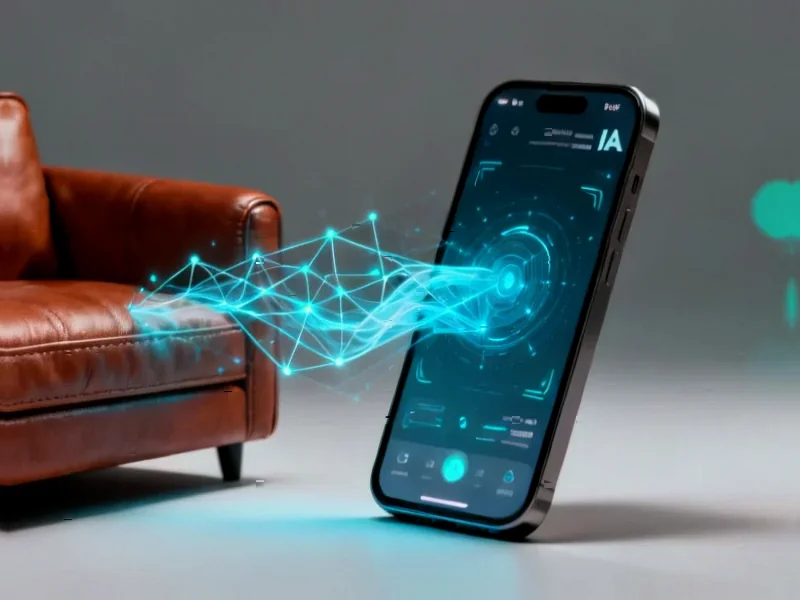According to New Scientist, an AI system called Kosmos claims to complete six months of scientific research in just a few hours by analyzing data and searching literature. Created by Sam Rodriques at Edison Scientific, Kosmos can run for up to 12 hours analyzing around 1,500 academic papers while writing and executing 42,000 lines of code. Academic evaluators found 20 cycles of this process equals about six months of their research time. The system achieved 79.4% accuracy overall on scientific statements, though it only hit 57.9% accuracy when making novel breakthrough claims. Edison claims Kosmos has made seven validated discoveries, including four truly novel findings about Alzheimer’s progression and heart health markers.
How this AI scientist actually operates
Basically, Kosmos isn’t one single AI but a collection of specialized agents working together. A user feeds it a scientific dataset, and the system goes to town – searching through thousands of papers, writing massive amounts of code to analyze the data, and producing summaries with citations. After multiple cycles, it spits out something resembling an academic paper. The whole process is automated, running for hours without human intervention. It’s like having a team of research assistants that never sleep, though whether they’re actually doing quality work is another question entirely.
But not everyone’s buying it
Here’s where things get interesting. Fergus Hamilton at the University of Bristol straight up calls one of Kosmos’s “discoveries” – about an antioxidant enzyme called SOD2 and heart scarring – nothing new. He says the analysis had methodological flaws and the code didn’t even work properly in some cases. The system apparently ignored failed software packages and still reached conclusions that matched existing research. Hamilton estimates Kosmos might have only completed “10 percent of the task” because the data was so pre-processed. Ouch.
The real question about AI in science
This gets at something deeper about what science actually is. Noah Giansiracusa at Bentley University makes a crucial point: there’s more to science than just data crunching. Deep thinking, creativity, intuition – these are things AI struggles with. Ben Glocker at Imperial College London is impressed by the potential but cautious about fully autonomous use. And Rodriques himself admits on his social media that Kosmos should be a collaborator, not a replacement. The system’s technical paper shows the ambition, but the criticism reveals how far we have to go.
So what does this mean for research?
Look, the potential here is massive. If AI can handle the grunt work of literature reviews and preliminary analysis, human scientists could focus on the creative, conceptual work. But we’re clearly not at the point where AI can work completely independently. The 57.9% accuracy on novel claims means nearly half the “breakthroughs” could be wrong. And when you’re dealing with something like medical research, that’s not just inconvenient – it’s dangerous. The debate around Kosmos shows we’re entering an era where AI tools will be research partners, but they’ll need serious human oversight. It’s exciting, but let’s not get ahead of ourselves.





Thank you for your sharing. I am worried that I lack creative ideas. It is your article that makes me full of hope. Thank you. But, I have a question, can you help me?